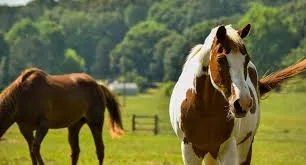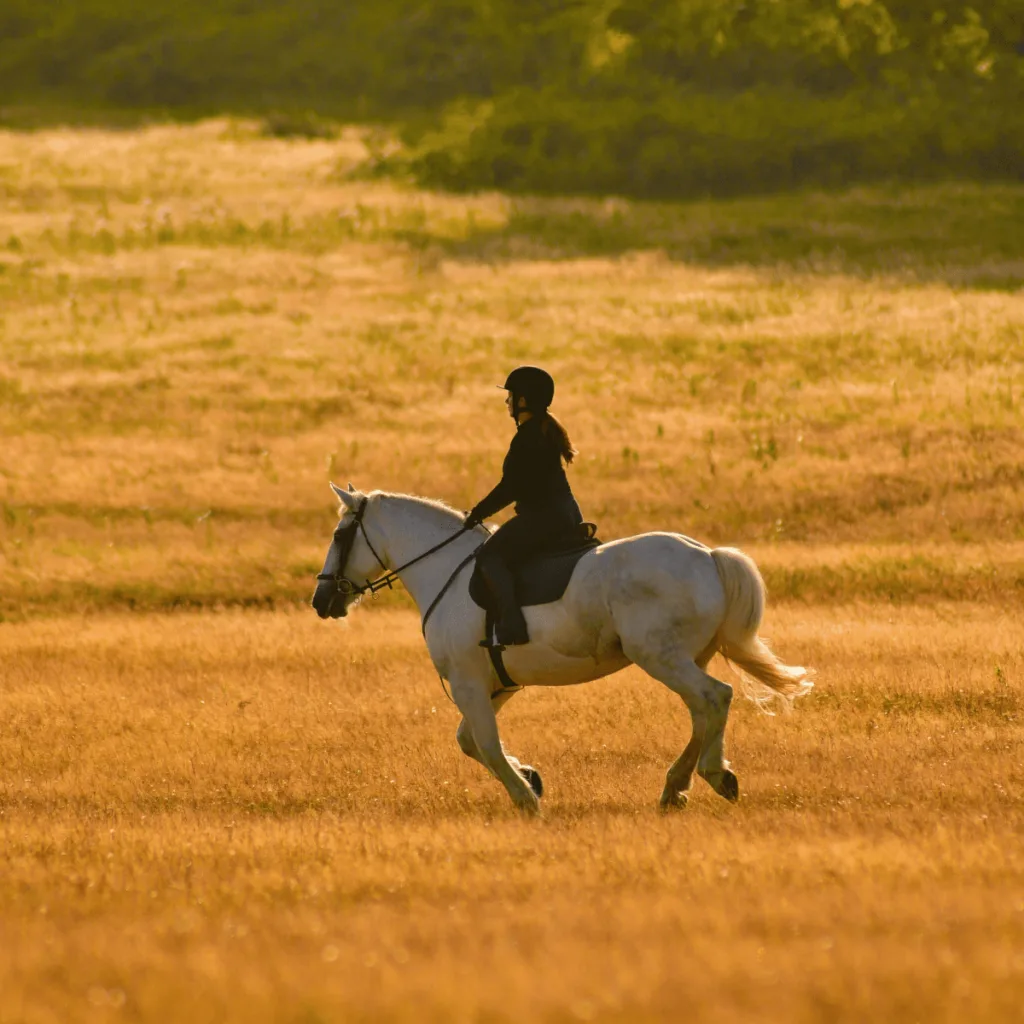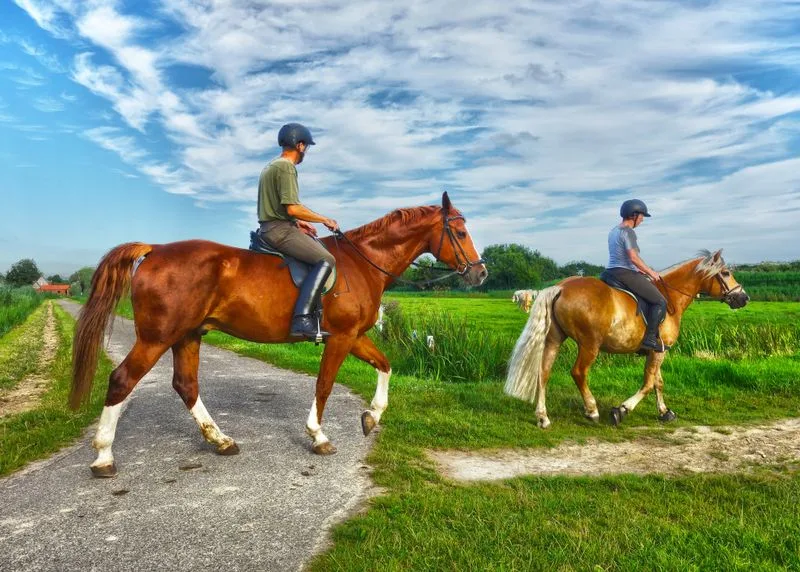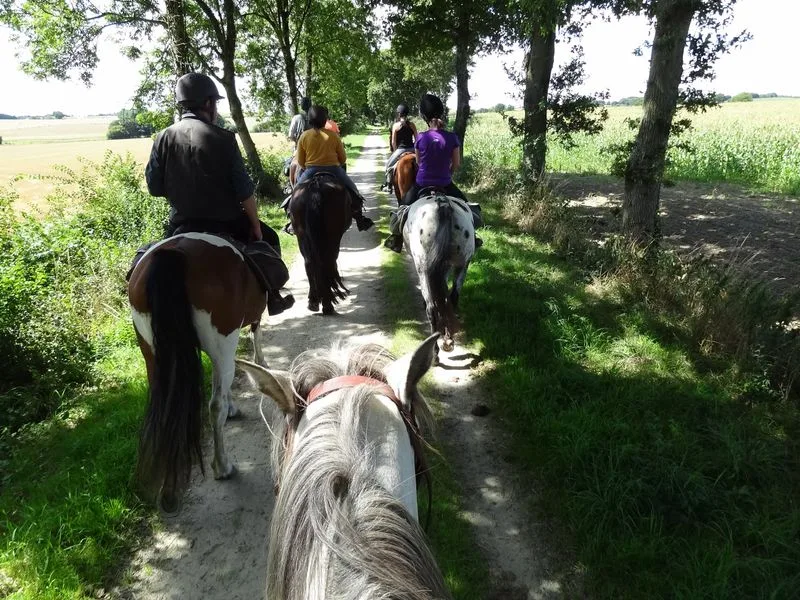Owning a horse is a dream for many—but it’s also a long-term financial commitment that goes far beyond the purchase price.
Whether you’re considering your first horse or reevaluating your current expenses, understanding the true costs of horse ownership is essential for planning, budgeting, and avoiding unpleasant surprises.
Let’s break it all down—with honesty, clarity, and a few helpful tips to make your equestrian lifestyle more affordable and sustainable.
Initial Purchase Costs
Buying a Horse:
- $1,000 to $10,000+ depending on breed, training, age, and intended use.
- Backyard trail horse: $1,500–$5,000
- Show horse (trained): $5,000–$25,000+
- Adopted rescue: $0–$1,000 (but may come with medical/rehab costs)
Tip: Don’t drain your budget on the horse alone. Leave enough for ongoing care and gear.
Essential One-Time Equipment Costs
Before you even ride, you’ll need gear—for you and your horse.
Tack & Equipment:
- Saddle: $300–$3,000+
- Bridle & Bit: $50–$300
- Saddle Pad, Girth, Halter, Lead Rope, Grooming Kit: $150–$300
- Helmet (for you): $50–$200
- Boots, gloves, breeches: $200–$500+
Tip: Look for secondhand tack or consignment sales, especially if you’re new to riding.
Monthly Horse Care Costs
Here’s where horse ownership becomes a lifestyle, not just a purchase.
Boarding (if you don’t have your own property):
- Pasture board: $150–$400/month
- Full board (stall, feeding, turnout): $400–$1,200/month or more
Feed & Hay:
- $100–$300/month (varies based on location, season, and your horse’s size/activity level)
Veterinary Care:
- Annual checkup & vaccines: $250–$400/year
- Coggins test: $30–$50/year
- Emergency vet care: Can run $500–$5,000+ depending on the issue
Dental Care:
- $100–$200/year for a float (routine teeth filing)
Farrier (Hoof Care):
- Trim only (barefoot): $40–$75 every 6–8 weeks
- Shoeing (4 shoes): $100–$300 per visit
Deworming:
- $10–$20 every 8–12 weeks, or part of a scheduled parasite control plan
Training & Lessons
- Riding Lessons: $40–$100/hour
- Trainer rides or groundwork sessions: $30–$75/session
- Clinics or shows: $100–$500+ per event, depending on travel and entry fees
Tip: Consider working off lessons or board in exchange for barn help.
Hidden or Occasional Costs
Tack repair or replacement
- Leather breaks down over time. Budget for maintenance or upgrades every few years.
Transport
- Hiring a hauler: $1–$3 per mile
- Buying a trailer: $3,000–$15,000+
- If self-boarding, budget $20–$60/month for shavings, buckets, and maintenance.
Insurance
- Mortality or major medical insurance: $300–$600/year
- Liability insurance (if boarding at home): varies by provider and location
Estimated Yearly Cost Summary (U.S. Averages)
| Category | Low Estimate | High Estimate |
|---|---|---|
| Boarding | $1,800 | $14,400 |
| Feed & Hay | $1,200 | $3,600 |
| Vet Care | $300 | $1,000+ |
| Farrier | $300 | $1,500 |
| Training & Lessons | $500 | $3,000+ |
| Supplies, Gear, Upkeep | $300 | $1,000+ |
| Emergency Fund (recommended) | $500+ | $1,500+ |
| Total/Year | $4,900 | $26,000+ |
Saving Tips for Horse Owners
- Buy used gear. Tack, clothing, and even saddles can often be found in great shape at local tack shops, Facebook groups, or consignment sales.
- Share costs. Consider co-ownership or leasing a horse instead of buying outright.
- DIY care. Learn to muck stalls, groom, or even do basic hoof care to reduce expenses.
- Emergency fund. Always keep a “horse emergency” fund. Vet bills don’t come with warnings.
- Preventative care saves money. Regular dental, hoof, and vet care can prevent much costlier problems down the road.
- Join local horse groups. Many communities offer free clinics, bulk hay purchasing, or shared hauling.
Is Horse Ownership Right for You?
Owning a horse is deeply rewarding—but it’s also time-consuming and expensive. Before buying, consider:
- Your long-term lifestyle
- Your income stability
- Whether leasing, part-boarding, or volunteering at a barn might give you what you want without full-time commitment
Final Thoughts
Horse ownership is a beautiful journey—but it’s one best taken with your eyes wide open and your budget firmly in hand. When you plan realistically, you set yourself—and your horse—up for a more secure, enjoyable life together.
Whether you’re budgeting for your first horse or rethinking how to afford your current one, the key is balance. Horses don’t have to be luxurious, but they do deserve consistent, thoughtful car




